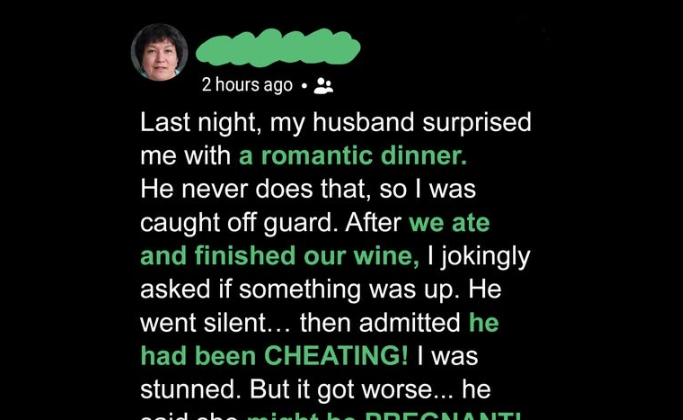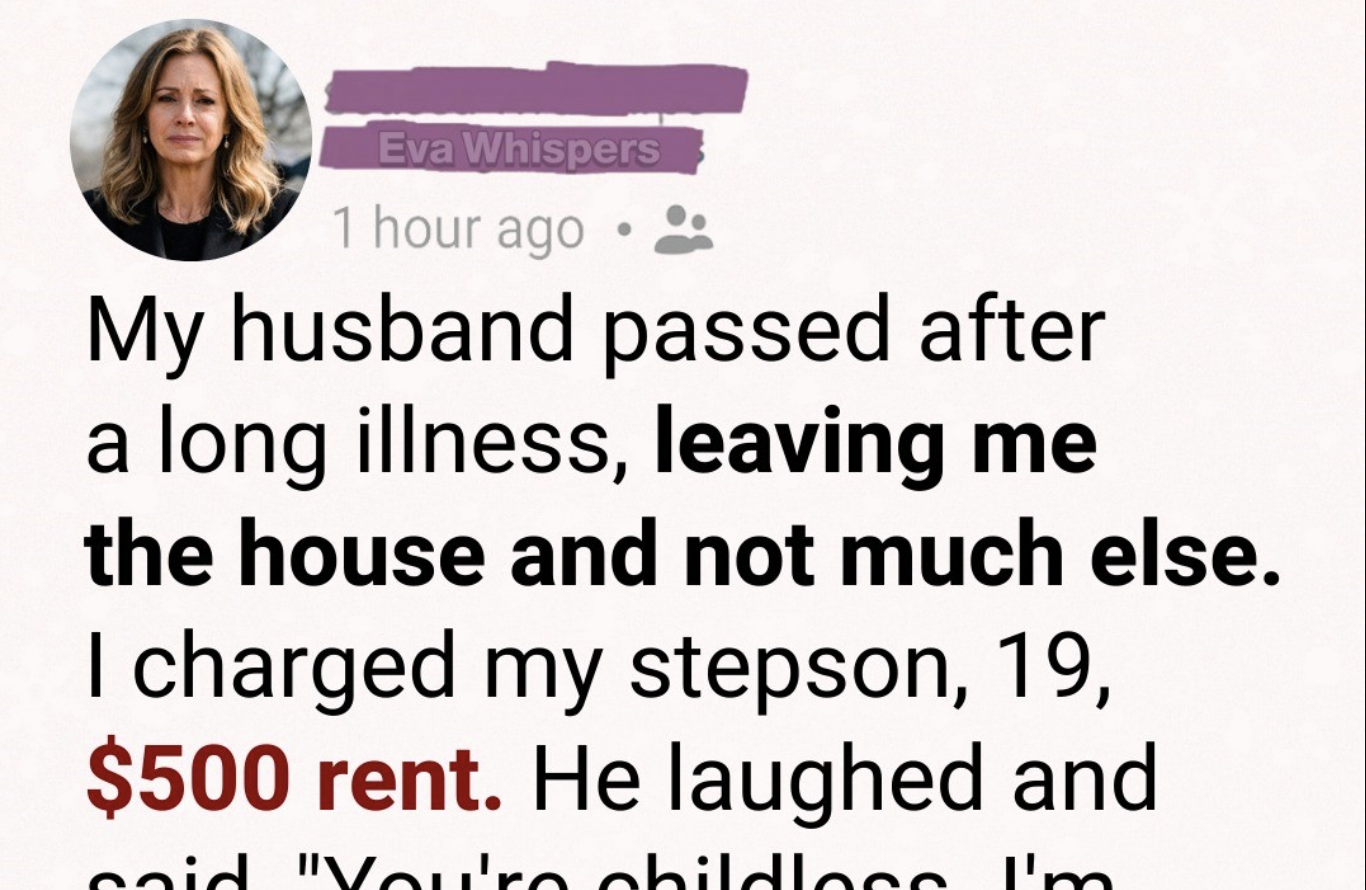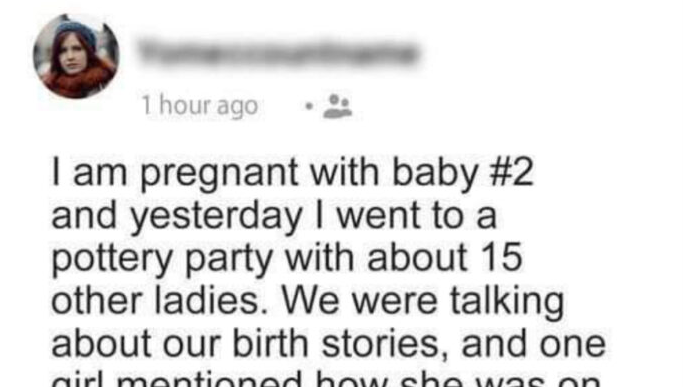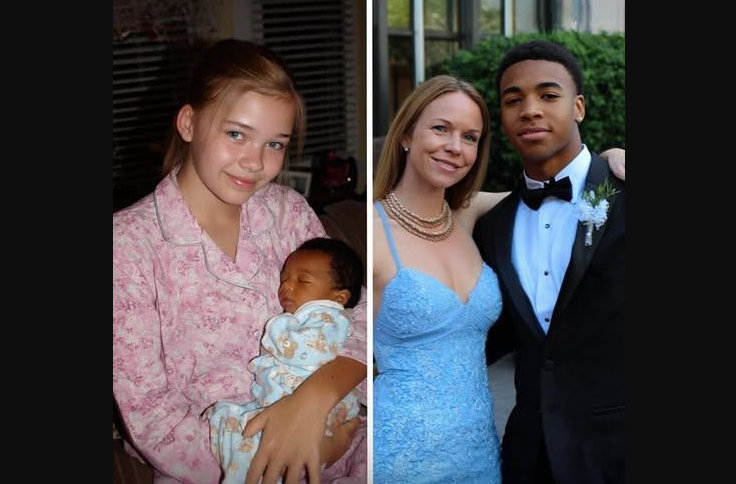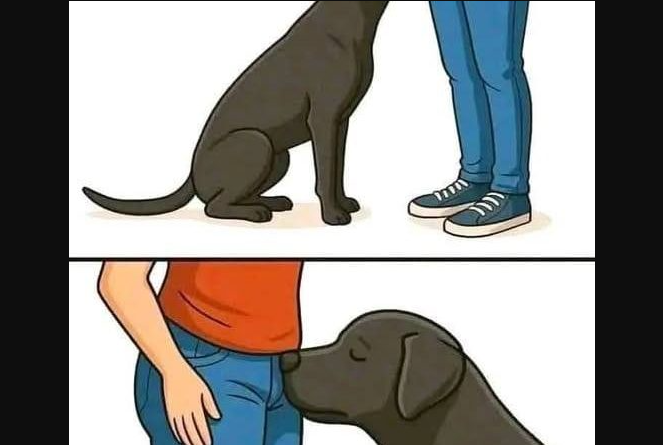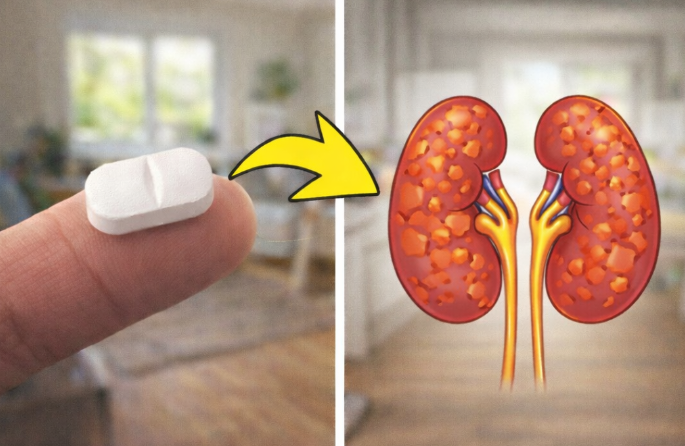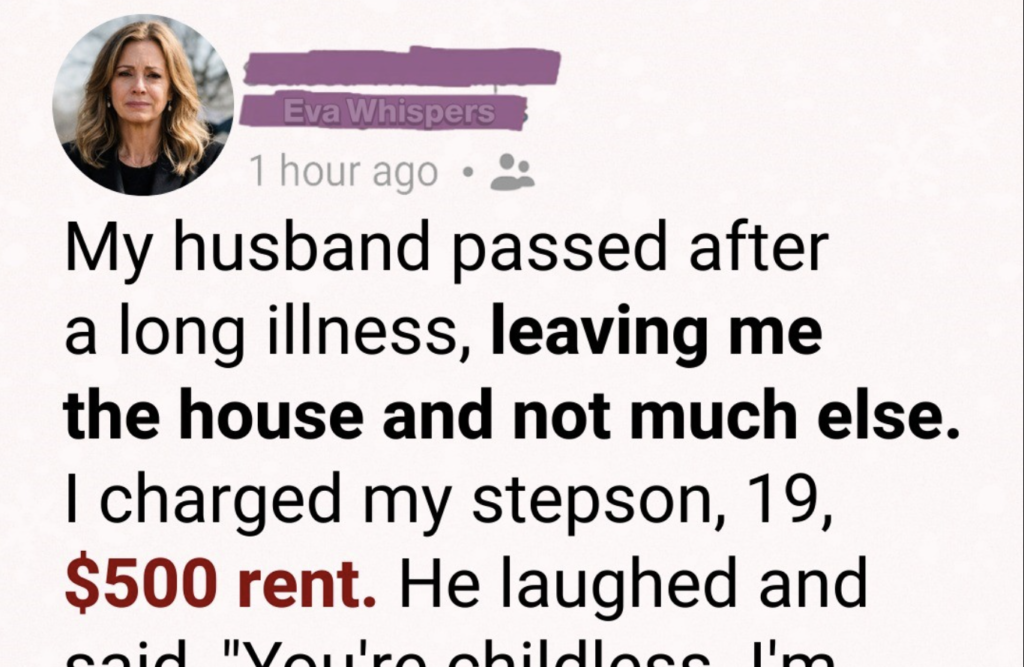Last evening, my husband, Zubair, arranged a candlelit dinner that took me by surprise. Such gestures were rare from him, so I was entirely unprepared. After we savored our meal and sipped the last of our wine, I playfully asked if something was amiss. He grew quiet, then confessed he had been unfaithful. My heart stopped. He went further, revealing that she might be expecting a child.
Before I could process his words, he made a call and said, “Come in.” The sound of the door opening reached my ears. I turned and froze. There stood my cousin, Afsana.
The world tilted slightly. Afsana? She stood there, dressed impeccably, as if she were arriving for a casual gathering, her expression devoid of remorse.
It had been nearly a year since I last saw her. She used to visit often, always bringing an elegant bottle of wine or some artisanal cheese, as if she stepped out of a magazine. I once admired her charm. I even cherished her presence.
I demanded to know why she was in my home. With a slight shrug, she said, “You always seemed too settled.”
Her words stung more than the betrayal itself.
I faced Zubair, my husband of eleven years, and he appeared unfazed by her comment. He merely massaged his temples, as if I were the burden in that moment.
He said, “We didn’t intend for this to happen.”
Predictable.
He then had the nerve to explain that since Afsana might be pregnant, he wanted to be transparent. As if this were a collaborative meeting, not the collapse of my world.
I stood up and told them both to leave.
Zubair urged, “Hold on, we need to discuss what this means for everyone.”
I let out a sharp, bitter laugh. Everyone? The only person who mattered in this scenario was clearly Afsana.
I didn’t shatter anything. I didn’t raise my voice. I simply walked away, grabbing my keys and phone, and drove to my sister’s house.
Laleh opened her door and sensed my distress instantly. She enveloped me in a hug before I uttered a word. I crumbled in her embrace and wept.
The days that followed blurred together.
Zubair called several times. I ignored him. He texted: We can work through this. I still care about you. It was a mistake.
But you don’t mistakenly betray your spouse with her cousin. You don’t mistakenly sustain that betrayal for an unknown length of time.
Afsana sent a single message: I didn’t want to cause you pain. It happened.
I blocked her without hesitation.
Laleh welcomed me to stay as long as I needed. I spent most days curled up on her sofa, scrolling through old photos on my phone. One image caught my eye—me, Zubair, and Afsana at my birthday dinner two years prior. They sat side by side, smiling. I zoomed in on his hand, resting casually on her chair.
How had I missed it?
Betrayal, I realized, conceals itself in subtle actions.
A week later, I consulted a divorce attorney. The experience felt like stepping into someone else’s story. But I refused to remain tied to a man who could share a meal with me, pour my wine, and then invite my cousin into our home to reveal their affair.
That evening, I sat with my parents. Sharing the truth felt like swallowing fire.
My mother wept quietly. My father sat in silence for a long moment before declaring, “That girl is no longer welcome here.”
Afsana’s parents, my uncle and aunt, tried to stay diplomatic. “It’s a complex matter,” they said.
No, it wasn’t. It was wrong. Plain and simple.
Afsana had been living with Zubair for three weeks when he reached out again, this time to inform me the pregnancy was a false alarm.
There was no child.
I stared at my phone for a long while, then hurled it across the room.
Yet, somehow, that news lifted a weight from my chest.
They had destroyed everything for nothing.
Months later, I settled into a cozy apartment across town. I painted the walls a soft green and furnished it with eclectic secondhand pieces. It wasn’t luxurious, but it was mine. It smelled of eucalyptus, coffee, and independence.
I returned to work full-time. Some mornings were tough—I’d cry in the shower or flee a store when a song triggered memories. But gradually, I crafted a new routine.
Then, unexpectedly, I encountered Afsana at a community event.
She looked gaunt, her eyes hollow. She approached me, and though I wanted to flee, I held my ground.
She revealed that Zubair had abandoned her. He’d lost his job, blamed her for his troubles, and one day simply stopped returning home.
She was staying with a friend and searching for work. She said she longed for the days we were family.
I offered no comfort. I looked at her and said, “You made your choice.”
She began to cry, but my well of empathy had run dry.
Later that week, I finally replied to Zubair’s last message, which had sat unread for months: I hope you’re doing okay.
I responded: I’m more than okay. I’m truly living.
He didn’t reply.
A year later, I began volunteering at a local shelter on weekends, something I’d always wanted to do. There, I met Navin. He had warm eyes and a shy laugh, nothing like Zubair.
We started as friends, sharing coffee and books, laughing about our mutual struggles with relationships.
Over time, our connection deepened.
I shared my entire story with him, holding nothing back. And he stayed.
We took walks in the park every Sunday. One afternoon, he looked at me as if I were the only person in the world. For the first time in ages, I believed it.
Months into our relationship, we ran into one of Zubair’s former colleagues at a café. He did a double take when he saw me with Navin.
I didn’t waver. I smiled, took Navin’s hand, and said, “Nice to see you.”
That moment confirmed it—I had moved forward.
Not only from the marriage but from the version of myself that settled for less.
The pain didn’t vanish quickly. It took therapy, countless tears, and late-night journaling. But I emerged stronger.
Afsana never offered a meaningful apology.
I heard she was stuck in a job she despised, still pursuing fleeting moments of validation.
Zubair relocated to another city and was reportedly seeing someone new. I no longer cared.
Sometimes, life knocks you down hard. But that fall can be the catalyst for building something new.
I learned to heed my instincts—the subtle ways someone diminishes you, the forced smiles, the heavy silences.
I learned to trust myself again.
Now, as I light a candle in my green apartment, I don’t dwell on what’s gone. I reflect on all I’ve gained.
If you’ve been betrayed by those you trusted most, know this: you are not shattered. You are evolving.
Please like and share if this story resonated with you. Someone out there might need to hear it today.
